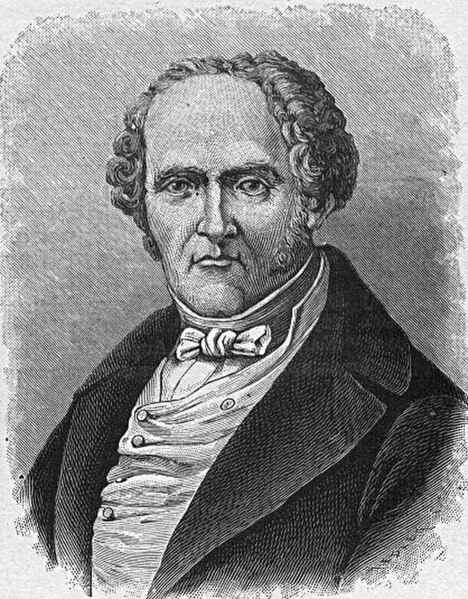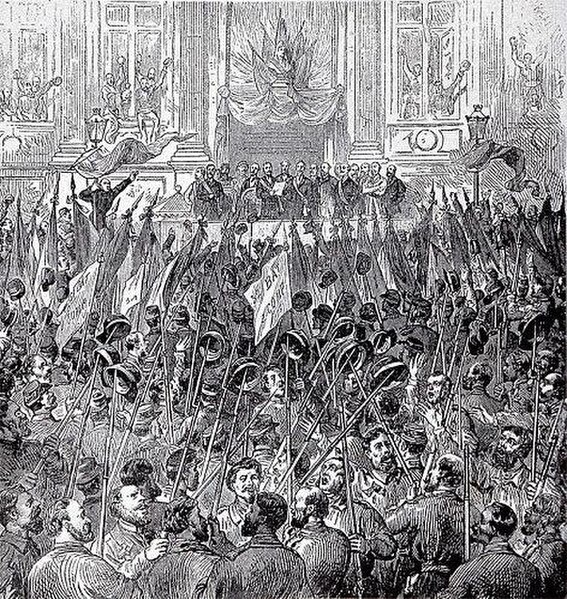Islamic socialism is a political philosophy that incorporates Islamic principles into socialism. As a term, it was coined by various Muslim leaders to describe a more spiritual form of socialism. Islamic socialists believe that the teachings of the Qur'an and Muhammad—especially the zakat—are not only compatible with principles of socialism, but also very supportive of them. They draw inspiration from the early Medinan welfare state established by Muhammad. Muslim socialists found their roots in anti-imperialism. This can especially be seen in the writings of Salama Moussa, who wrote extensively both about socialism, and about Egyptian nationalism against British rule.
Ali Nasser, Abdel Fattah Ismail, and Abdullah Abdel Razzaq Badib at the Popular Vanguard Party Festival in the 1970s, with portraits of Karl Marx, Friedrich Engels, and Vladimir Lenin behind them
Gaddafi with Romanian communist leader Nicolae Ceaușescu in Bucharest, Romania, 1974.
Socialism is an economic and political philosophy encompassing diverse economic and social systems characterised by social ownership of the means of production, as opposed to private ownership. It describes the economic, political, and social theories and movements associated with the implementation of such systems. Social ownership can take various forms, including public, community, collective, cooperative, or employee. Traditionally, socialism is on the left wing of the political spectrum. Types of socialism vary based on the role of markets and planning in resource allocation, and the structure of management in organizations.
Charles Fourier, influential early French socialist thinker
The celebration of the election of the Commune on 28 March 1871—the Paris Commune was a major early implementation of socialist ideas.
Karl Marx in 1875
Vladimir Lenin, founder of the Soviet Union and the leader of the Bolshevik party.






